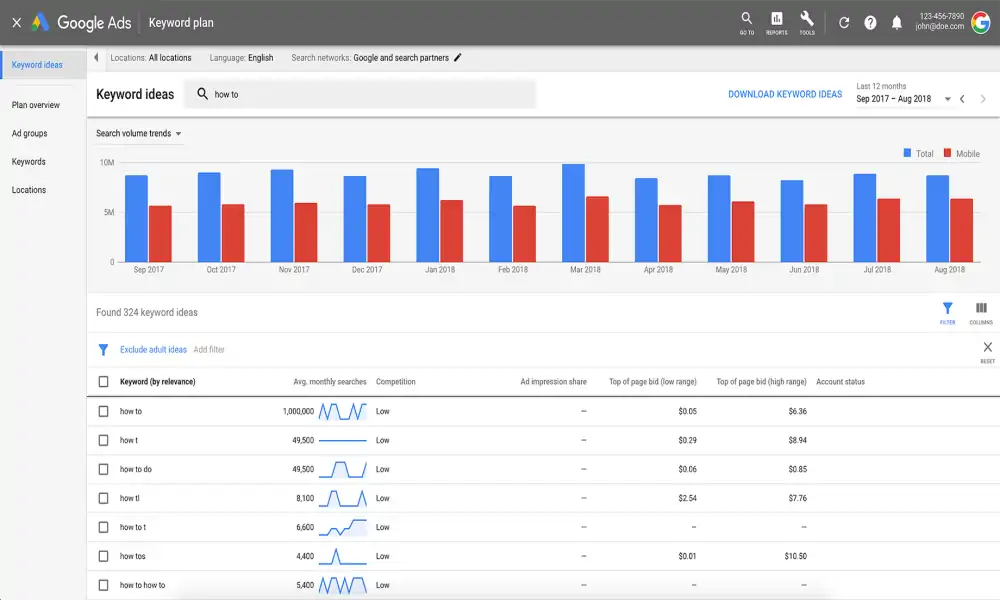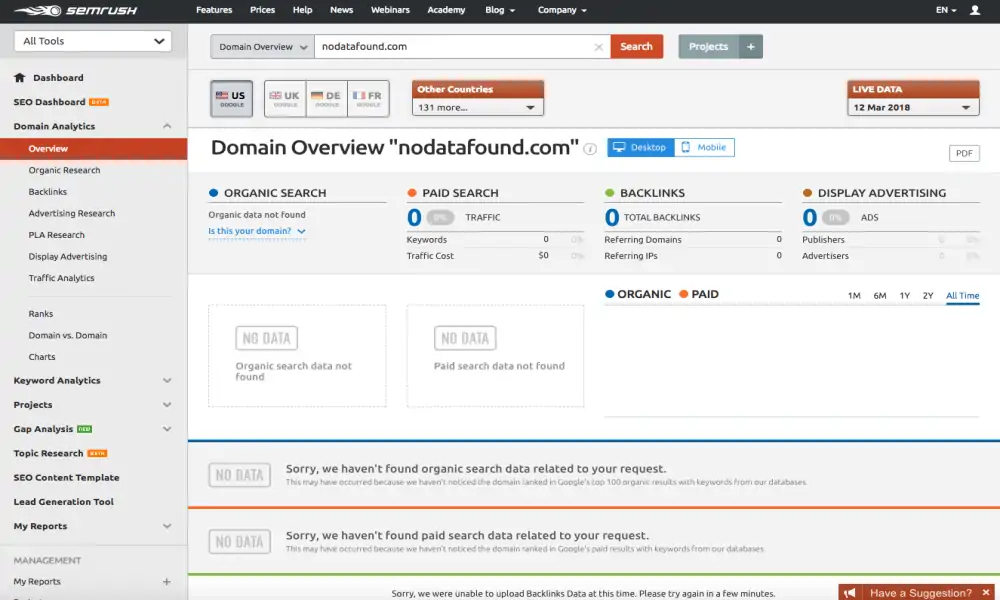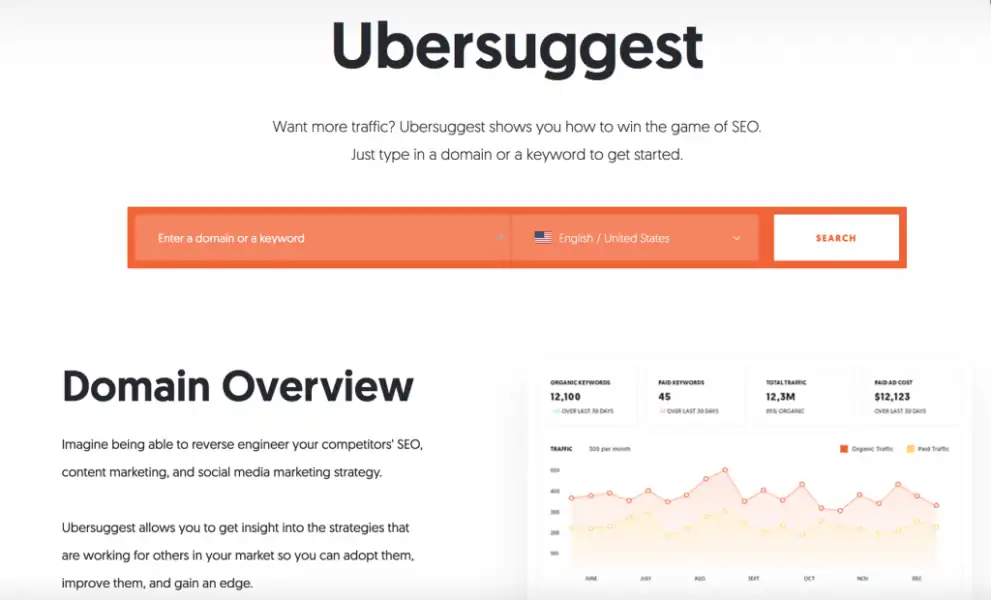Mastering Keyword Research: Your Guide to SEO Success
Understanding how to perform Keyword Research is a fundamental step when optimizing websites for search engines. Your keyword strategy will guide the architecture of your website, influencing content creation for both your site and any associated blogs.
Conducting comprehensive keyword research requires three key steps:
- Identifying the reference topic and understanding user search intent;
- Determining the type of keyword required (informational, transactional, etc.);
- Grouping the identified keywords into clusters.
Professional keyword research, especially for an e-commerce site, involves a complex process requiring the right tools.
Essential Tools for Effective Keyword Research
Several free and paid SEO tools exist to assist with keyword research. These tools primarily provide a list of keywords related to the initial topic or keyword input. Remember, no single tool can cover all aspects of keyword research. For comprehensive results, use at least two tools and apply your judgment to the results, keeping in mind these are just tools and may not capture all potential keywords.
Google Adwords Keyword Planner
The Keyword Planner, a reliable tool from Google, offers keyword search ranges in its free version and more specific volumes in the paid version. It serves two main purposes:
- Identifying new keywords
- Obtaining search volumes and forecasts
The Keyword Planner can be used both to initiate keyword research and to monitor historical search volumes, as well as to forecast potential future performance.
Semrush’s Keyword Magic Tool
Semrush, a popular paid tool in the SEO sphere, provides organic and paid search volumes, SERP features, and the number of URLs displayed for a keyword. It also offers filtering options for generic, exact word, or phrase matches, displaying keywords only in question form, and excluding semantically distant related keywords.
Ubersuggest by Neil Patel
Unlike other keyword research tools, Ubersuggest focuses on long-tail keywords, which are specific phrases with lower search volumes, aligning with the trend towards voice search. This tool is great for generating content ideas and understanding the search volumes around specific topics.
Answer The Public
Answer The Public is an SEO tool for Keyword Research that generates a visual map of Google’s suggestions related to your input keyword. These suggestions, which include prepositions, questions, and comparisons, can be very useful for generating content ideas and understanding the structure of user queries.
In conclusion, each tool has its strengths and can bring valuable insights to your keyword research. Always use at least two tools for a well-rounded and effective result, and remember to apply your own judgment when interpreting the results.
Conclusion
Effective keyword research is an essential skill in the world of SEO. By understanding the search intent of users and identifying relevant keywords, you can lay the groundwork for a successful SEO strategy. Different tools offer varied insights into keyword research, so using a combination of these tools can ensure a comprehensive keyword strategy.
FAQs
1. What is Keyword Research?
Keyword Research is a process that involves identifying popular words and phrases people enter into search engines to optimize your web content around these terms.
2. Why is Keyword Research important?
Keyword Research is crucial as it informs the content strategy, helps you understand your target audience, and improves SEO, leading to better search engine rankings and increased traffic.
3. What are the types of keywords?
Keywords can be informational, transactional, or navigational. Informational keywords are used when users are looking for information. Transactional keywords are used when users are ready to purchase, and navigational keywords are used when users want to locate a specific website.
4. What are long-tail keywords?
Long-tail keywords are longer, more specific keyword phrases that visitors are more likely to use when they’re closer to a point of purchase or when they’re using voice search.
5. What tools can be used for Keyword Research?
There are several tools for Keyword Research, including Google Adwords Keyword Planner, SEMrush’s Keyword Magic Tool, Ubersuggest by Neil Patel, and Answer The Public.
Finally, here’s an inspiring SEO-related quote: “Good SEO work only gets better over time. It’s only search engine tricks that need to keep changing when the ranking algorithms change.” – Jill Whalen.




